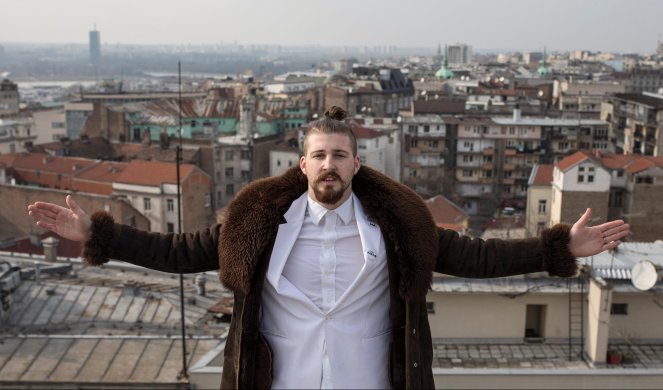Karl Marx once said that history repeats itself twice — the first time as a tragedy, and the second time as a farce. Looking at the current state of global politics, one can say that we are well past the second stage in the absurd play of politicians. Tired of electing the same faces from the same establishments, people turn to outsiders in a desperate attempt to witness some change. These desperate attempts sometimes lead to bizarre consequences that may be seen as a joke that went too far.
In such attempts, one can witness the trend of comedians and media celebrities entering the big stage of national politics. This is what happened to Italy, where a seventy-year-old comedian, Beppe Grillo, has started a blog in which he criticized the Italian government for allowing deputies to hold office despite having criminal records. To show discontent with the current political system, Grillo started the V-day movement — with V standing for vaffanculo, the Italian word for “f*ck off”. The V-day soon evolved into the Five Star Movement, where Grillo promoted the ideas of direct democracy. Six years later, the Five Star Movement gained 25.5% of the vote in the general election.
Another similar example can be seen in Serbia, where a local comedian participated in the presidential election. Running for president under the name of Ljubiša Preletačević (his surname can be translated as “defector”, an expression for politicians who switch sides), he brought chaos to the nation’s politics. By portraying himself as a typical corrupt Balkan politician, Preletačević turned the entire election process into a meme. In particular, his party promised to legalize euthanasia for elderly people to “spare the country of retirement expenses, thus allowing us to achieve significant budget savings”. Running under the “Poor people strike back!” slogan, Preletačević managed to get third place in the election.

The same story is happening right now in Ukraine, where Volodymyr Zelensky, a famous comedian, has won the first round of presidential elections with more than 30% of the popular vote. Voting for people who share nothing in common with the political establishment is not a purely European trend either. The current president of Guatemala, Jimmy Morales, also a former comedian, was elected in 2016. This trend can be seen in both minor and major international countries, as we all witnessed with the election of Donald Trump, who promised to fight the establishment.
But both the Morales and Trump cases show that something new is not always something good. Morales, whose electoral campaign slogan was “Neither corrupt, nor a thief”, was later accused of embezzlement and abuse of power. After numerous protests in Guatemala, Morales still refuses to step down from the presidential office. As for Trump, hundreds of books and articles detailing a variety of scandals from the Oval Office have been published since the time he became a president.
Observing the recent election trends leaves us with a simple but unanswered question: “Why?”. It is no secret that people have lost their trust in mainstream parties whose promises to fix the problems turn out to be merely empty words. People now believe that voting for a mainstream party will not really change anything. Therefore, their votes go to either political outsiders or populists who promise to solve the problems without a detailed plan of how to do so. Do people realize that voting for such a person is a huge gamble? Of course they do. As someone commented on Facebook, “At least we’ll elect a comedian and won’t be surprised if the entire politics turns out to be a joke.”

